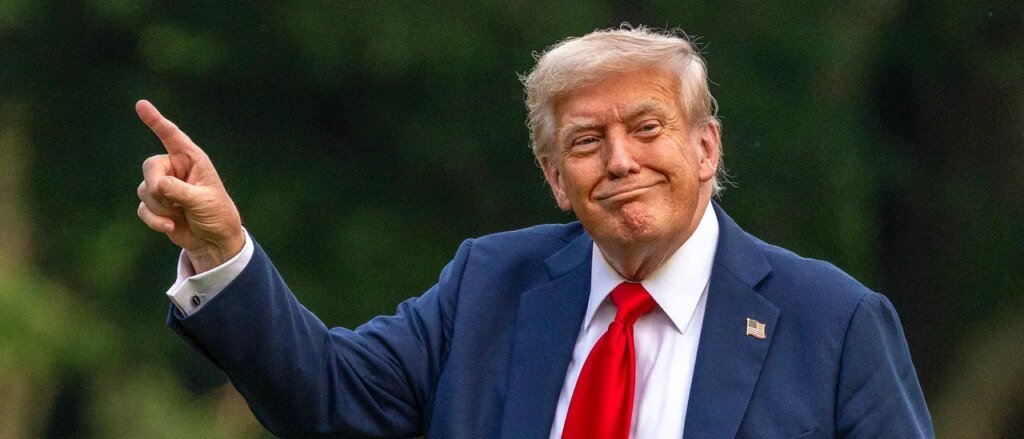Franco-German Relations: Challenges Ahead
French President Emmanuel Macron and German Prime Minister Friedrich Merz have expressed their intention to rejuvenate the Franco-German partnership. However, ongoing differences—partly stemming from the influence of U.S. President Donald Trump—continue to create rifts between the two nations, as reported by Politico.
This situation is exacerbated by increasing cooperation among other European countries, particularly with trends toward deregulation. Publicly, both France and Germany emphasize their alliance, yet the underlying tensions remain apparent.
Merz marked the beginning of his tenure by visiting Paris, underscoring a desire for a renewed Franco-German era. He spoke of a “deep personal bond” with Macron, a sentiment echoed by officials in Macron’s office, who noted a rediscovery of the Franco-German connection.
Still, fundamental disagreements persist, particularly regarding European defense and trade policy, especially in light of the potential for Trump’s return to power. Merz indicated in a July BBC interview that Trump’s commitment to European defense appears weaker than that of his predecessor, prompting calls for greater independence in defense matters. He acknowledged that Europe has historically relied too much on U.S. support for security.
Recent moves by Germany indicate a more complex stance. The country, under Merz’s leadership, has backed initiatives to provide Ukraine with U.S.-made weaponry—a position supported by Trump and Scandinavian countries. However, France is more skeptical, pushing for reduced reliance on American defense systems and advocating for European-made alternatives.
Moreover, the differing priorities of the two governments could hinder progress on developing next-generation European fighter jets, which aim to decrease reliance on the F-35. French officials remain hopeful that both Macron and Merz will find a path forward despite these challenges.
Trade policy has also become a contentious issue, with Merz advocating for a simplified trade agreement with the U.S. to alleviate Trump-era tariffs that have adversely affected German industries. He recently argued that the EU should focus on sectors like automobile manufacturing and semiconductors.
Conversely, Macron’s government is adopting a tougher stance. French officials assert that the EU must be prepared to take decisive action if Trump proposes unfavorable trade deals. One insider noted that tensions are escalating in a trade conflict initiated by the U.S.







